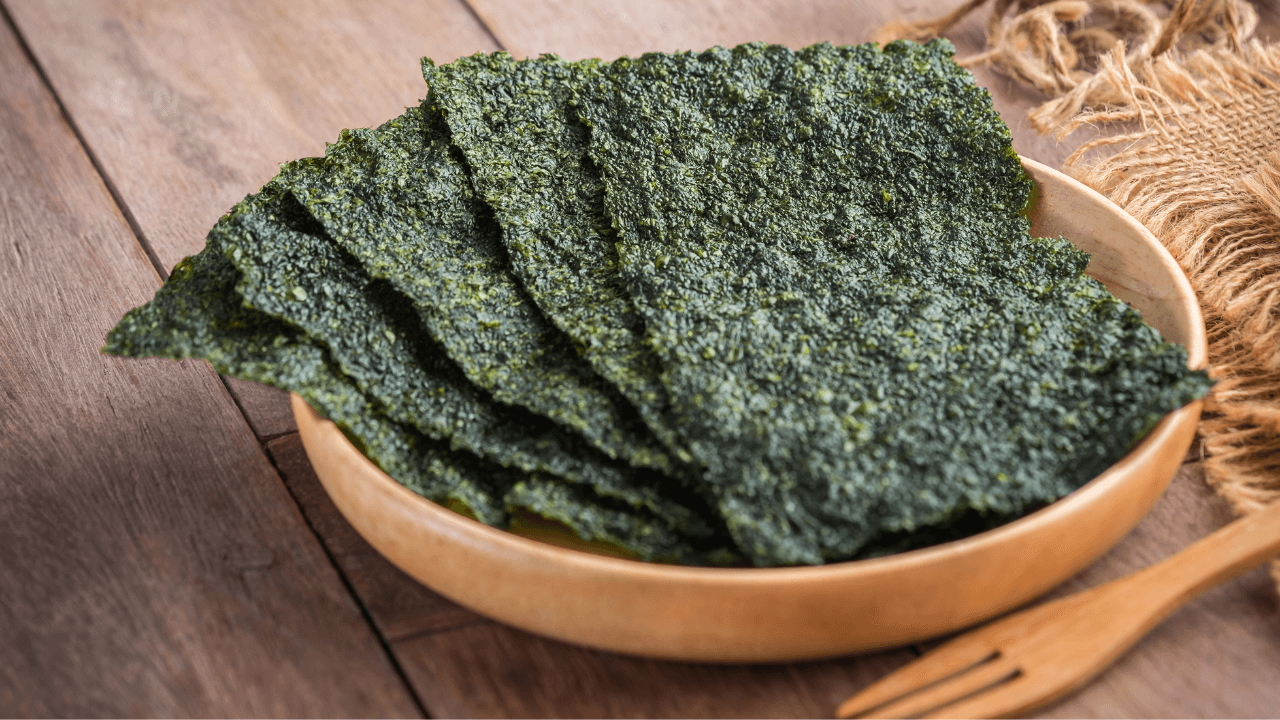Our food system has dire negative impacts on the oceans — coastline destruction, pollution, and overfishing — just to name some.
This is why Lindsey Palmer and Pat Schnettler founded 12 Tides — an innovative food company that should bring our food system closer to the ocean.
Concluding that the future of our food lies in the ocean, Palmer and Schnettler decided to start with kelp.
Kelp is a large brown seaweed that grows in undersea forests along rocky shorelines like the one in Maine or northern California.
EcoWatch reports that kelp grows quickly in cold and clear waters that are rich in nutrients.
“Kelp rocks for so many reasons!” Schnettler explained. “Kelp forests are vital ecosystems that provide food and shelter to a number of marine species — rockfish, sheepshead fish, sea stars, sea otters, harbor seals and shellfish to name a few.” Additionally, kelp forests protect our coastlines from erosion and storm surges by buffering wave energy, he said.
Kelp forests also act as a huge carbon sink, trapping 20 times more carbon dioxide than land forests.
Recognizing the many benefits of this seaweed, Palmer and Schnettler started a company to feed people using kelp. Their kelp comes from small-scale regenerative farmers in the U.S.
Kelp farming is considered regenerative as kelp benefits the ocean environment in which it grows.
What’s more, kelp is a zero-input food crop, which means it needs no agricultural land, freshwater, fertilizers, or pesticides.
12 Tides was the first company in the world to make regenerative organic kelp chips.
They’ll soon be launching a home compostable bag, while 1% of their profits already goes to SeaTrees, a nonprofit that helps restore essential kelp forests in Palos Verde, CA.
More inspiring green news similar to this:


